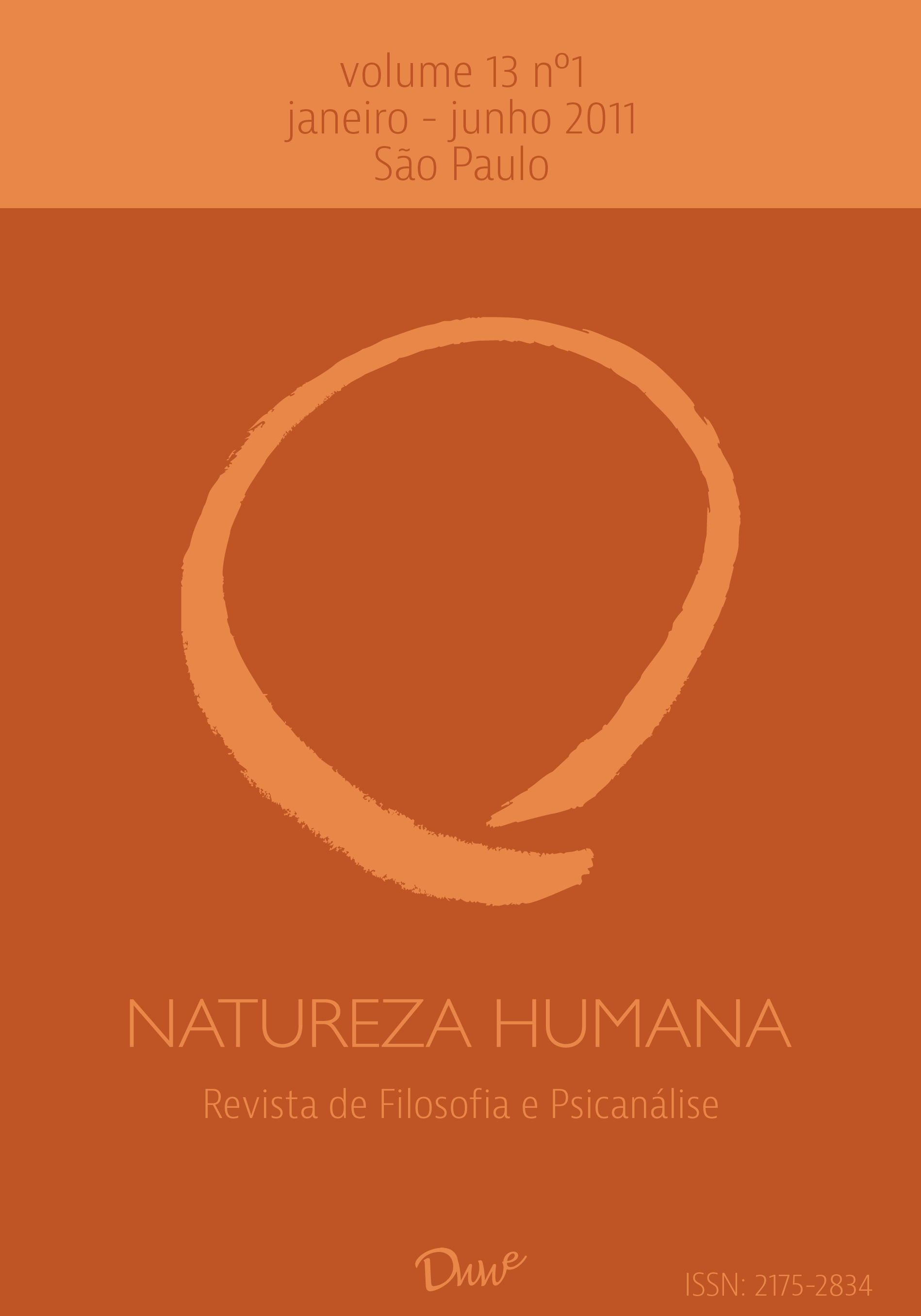Spiritual poverty? On Philippe Lacoue-Labarthe's critique against Heidegger's national-spiritualism
DOI:
https://doi.org/10.59539/2175-2834-v13n1-969Keywords:
Heidegger; poverty; Philippe Lacoue-Labarthe; spirit; philosophy; politics.Abstract
According to Lacoue-Labarthe, Heidegger's later philosophy is characterized by a sort of quasi-religious "national-spiritualism" articulated by two theoretical procedures: on the one hand, by his attribution of a "geo-ethno-political" character to his ontological reflection, an aspect which would carry together with itself a fascist penchant; on the other hand, by his sacralization of Hölderlin's poetry, which would be interpreted by him as "sacred text". In my critical commentary to Lacoue-Labarthe's presentation of Die Armut (On poverty), a Heidegger's conference, I argue, firstly, that Heidegger's hermeneutics of Being is to be understood as the overcoming of his previous considerations about the German people's historical mission; and secondly, that Heidegger's hermeneutics of Being has nothing to do with the sacralizing of poetical texts, but rather with the search of another way of saying, by means of a non-calculative, post-metaphysical language.Downloads
Published
2024-10-02 — Updated on 2011-10-02
How to Cite
Duarte, A. (2011). Spiritual poverty? On Philippe Lacoue-Labarthe’s critique against Heidegger’s national-spiritualism. Human Nature - International Philosophy and Psychology Review, 13(1), 1–24. https://doi.org/10.59539/2175-2834-v13n1-969
Issue
Section
Artigos








